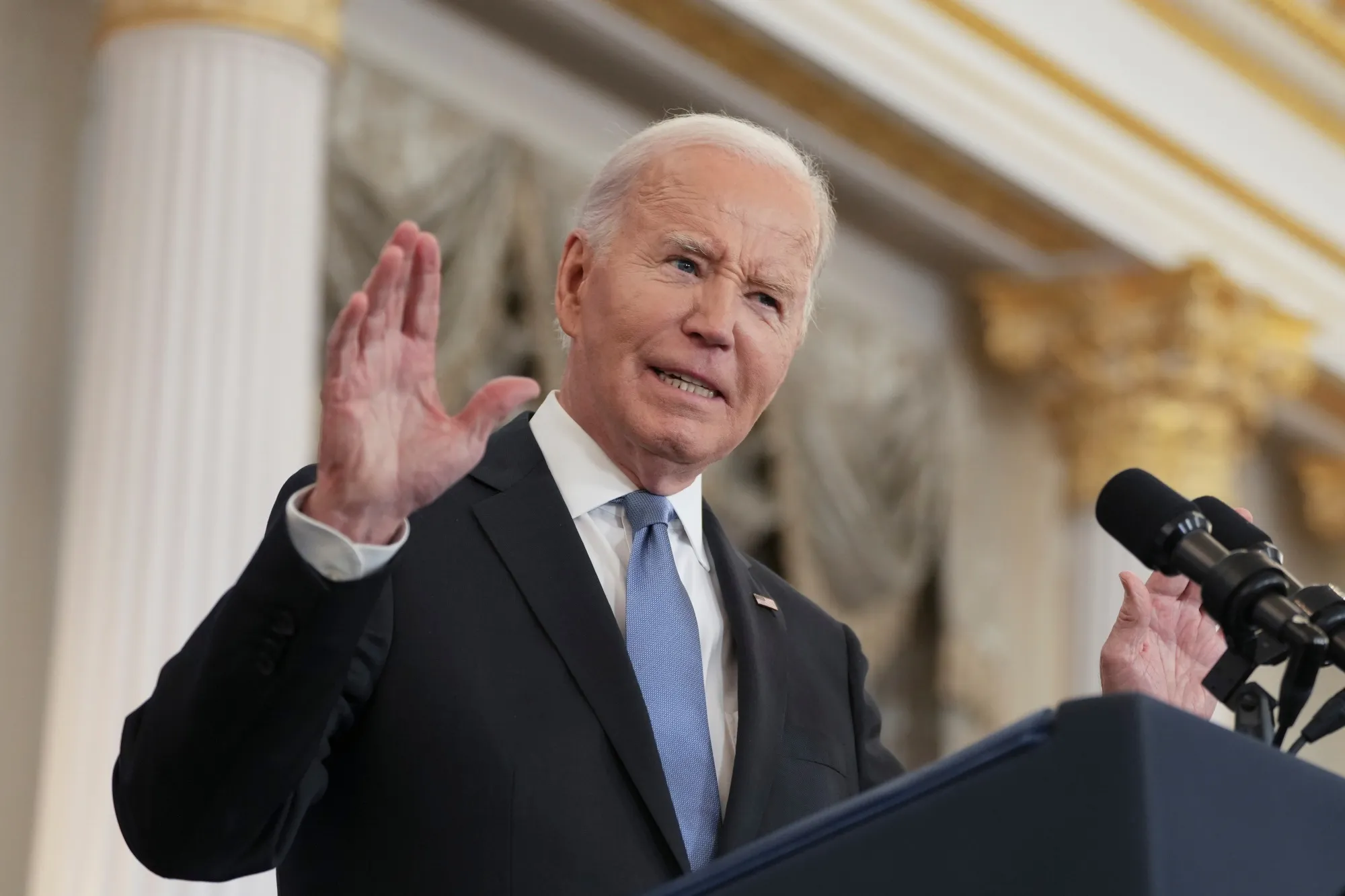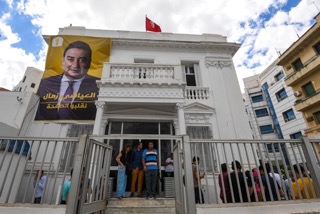Ayachi Zammel, one of Tunisian President Kais Saied’s two remaining challengers in the upcoming October 6 presidential election, has been sentenced to 20 months in prison, Bloomberg reports.
This move, condemned by Zammel’s campaign as a blatant attempt to sideline opposition, further fuels concerns about the fairness of the election in a country already facing a crackdown on dissent.
Zammel, head of the Azimoun party, was convicted on Wednesday on charges of forging endorsements for his candidacy, according to the state-run TAP news agency. He has vehemently denied any wrongdoing and remains in custody.
His campaign condemned the conviction, calling it “an unjustified judicial escalation” aimed at blocking his presidential bid. They urged “all democratic forces” and election authorities to intervene and allow Zammel to resume his campaign.
The arrest and conviction come amidst a wider crackdown on opposition in Tunisia. In recent weeks, at least 97 members of the Ennahda opposition group were arrested.
This escalation of repression has sparked widespread condemnation, with Amnesty International calling it a “serious threat to fundamental freedoms and the right to free and fair elections.”
Saied, who seized sweeping powers in a 2022 coup, has repeatedly faced criticism for his authoritarian tendencies. He has sidelined the judiciary and parliament, effectively dissolving the democratic institutions established after the 2011 Arab Spring.
The upcoming election is seen as a crucial test of Tunisia’s commitment to democracy. With Saied’s only remaining challenger, Zouhair Maghzaoui, the secretary-general of the People’s Movement party, facing an uphill battle against a president with extensive control over the state apparatus, the prospect of a genuinely competitive election appears increasingly slim.
Despite the political turmoil, Tunisia’s economy remains in a fragile state. The country is grappling with low growth, high unemployment, and a stalled $1.9 billion IMF rescue package. While Fitch Ratings upgraded Tunisia’s long-term issuer default rating this week, citing increased confidence in the government’s ability to meet its fiscal needs, the outlook remains precarious.









